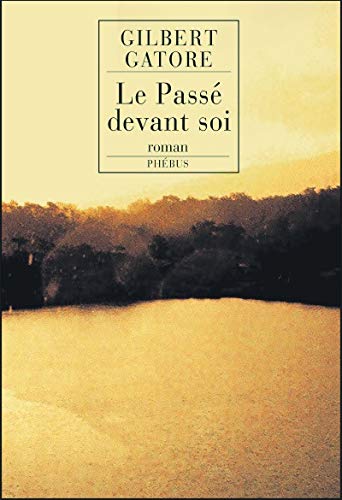What do you think?
Rate this book


224 pages, Paperback
First published January 3, 2008
In contrast to what is often affirmed, perhaps as reassurance, isn't what is ahead of you the past rather than the future? Can the before and the after be seen as one and the same thing?Yes, this could probably have been translated more elegantly, but the construct, coupled with the highly unusual structure of this short but intense novel, is a powerful one as Niko and Isaro move simultaneously on their different spirals, the one moving away from horror, the other plunging back into the vortex. If I have one slight complaint, it is that after such concentration on the aftermath of genocide, the killings themselves, though horrible, seem almost banal. But really, is there any way to explain how a people collectively set about murdering one third of their population? Gatore does not even try, though he has found a magnificent way of studying the ravages of trauma and guilt, and done so not as an historian but perhaps in the only way possible, as an artist.